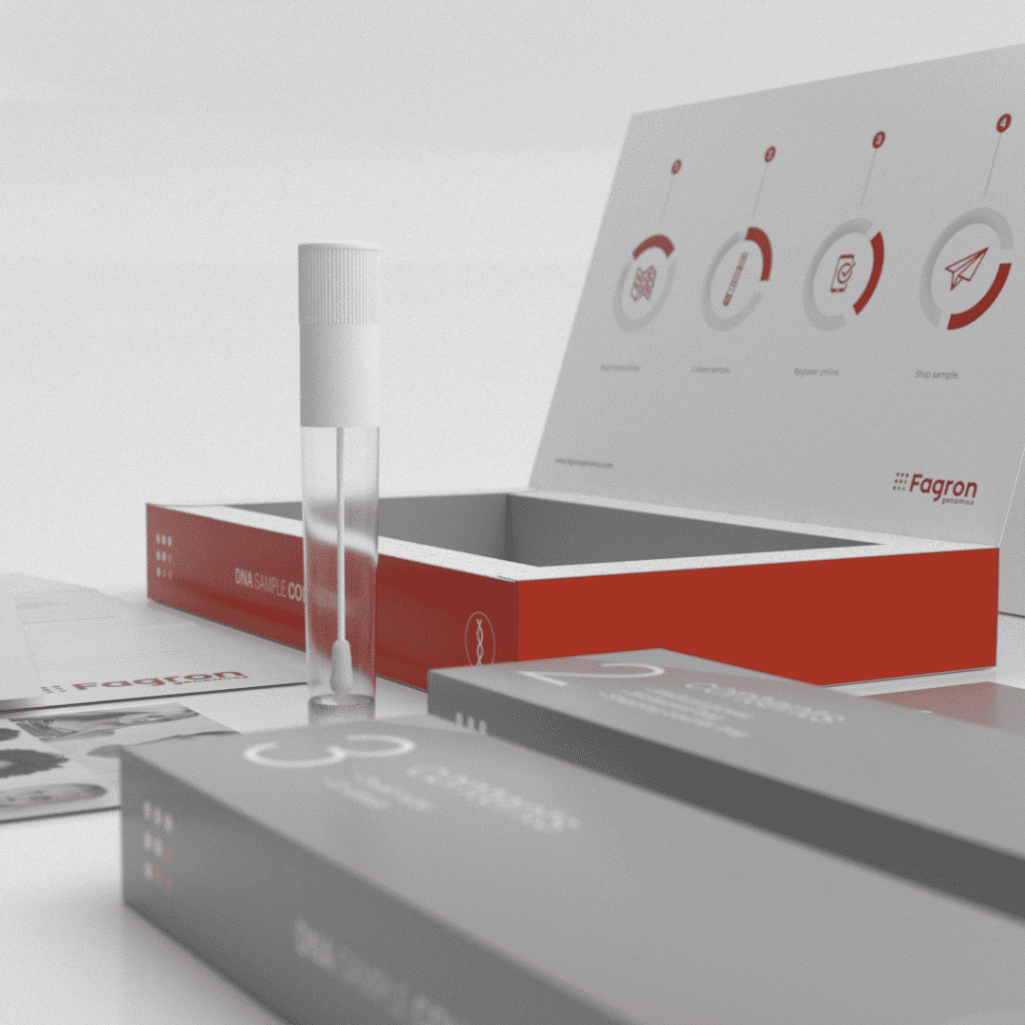Inflammatory Panel
$ 399.00
WHO NEEDS THIS PANEL? THOSE WHO HAVE:
- Breathing Disorders
- Chronic Infections
- Skin Disorders
- Joint Disorders
- Inflammatory Bowel Diseases
- Chronic Dry Eyes and/or Dry Mouth
- Immune Disorders affecting Thyroid
- Chronic Fatigue
- Immune Weakness
- Any Auto-Immune Disease
IMMUNE | AUTO-IMMUNE | INFLAMMATORY PANEL COVERS SNPs IN THE AREAS OF:
- Cellular Inflammation
- Autophagy Consideration
- Environmental Inflammation
- Skin & Joint Glutathione Status
Please select all options.
GENETIC TESTING FOR INFLAMMATION
Inflammation plays a role in numerous diseases and health problems, including asthma, arthritis, autoimmune, diabetes, eczema, irritable bowel, mental health, sclerosis, obesity, and more. Chronic inflammation and oxidative stress can lead to premature aging and many chronic diseases, including cancer. Genetic testing for inflammation can be a valuable tool in both prevention and treatment of inflammatory issues through an understanding of a person’s genetic predisposition and nutrient utilization. Only by understanding a problem can a solution be found.
Your immune system is your body’s last line of defense against viruses and disease. Boosting your immune system through supplements and vitamins can be an effective way to maintain your health throughout the year and in cold and flu season. But how do you know which supplements are right for your unique needs? The answer: Genetic testing for inflammation.
What is Inflammation?
Inflammation is a proper response from the immune system. When something is present within the body that shouldn’t be, the immune system releases Interleukins (chemical messengers), which call on other immune cells to aid in removing the foreign substance. Inflammation becomes an issue when the regulatory mechanisms no longer properly regulate the release of Interleukins or Macrophages, the type of white blood cell that usually digests foreign substances.
DNA testing for inflammation has allowed researchers and medical providers to learn which genetic differences, or SNPs, cause or influence problematic regulatory mechanisms. For example, if the CTLA4 gene is not functioning properly, T cells will continue to come to the inflamed area, causing chronic inflammation, which eventually causes long term damage to the area. The AOC1 gene mutation can speak to one’s poor ability to break down external histamine. Genetic testing for inflammation allows providers to deal with unregulated inflammation by understanding where the problem lies.


